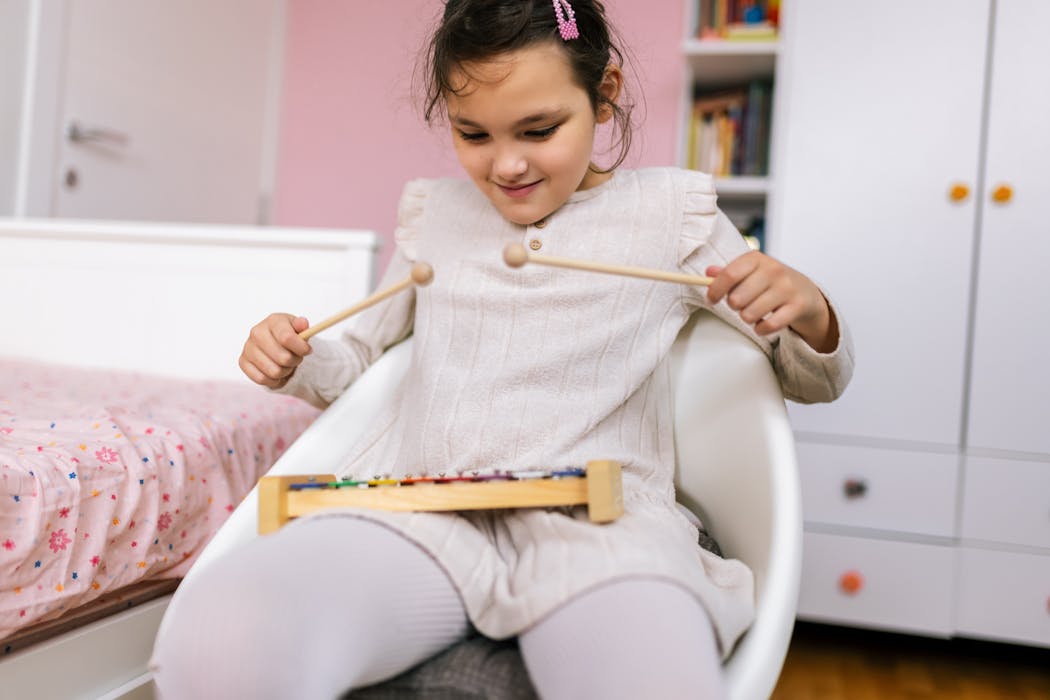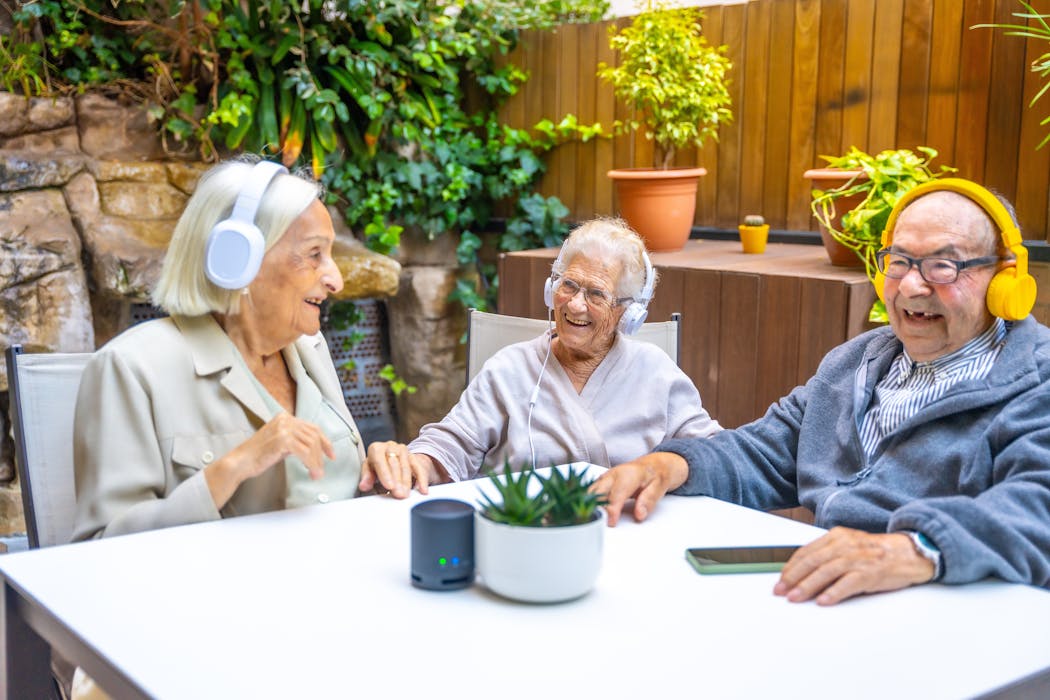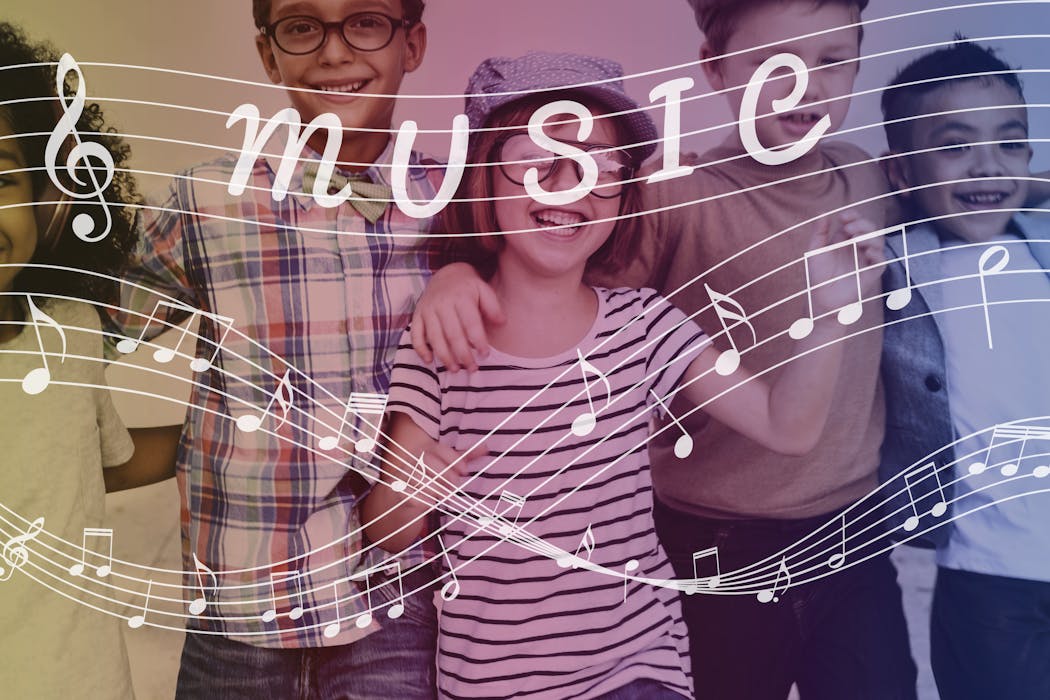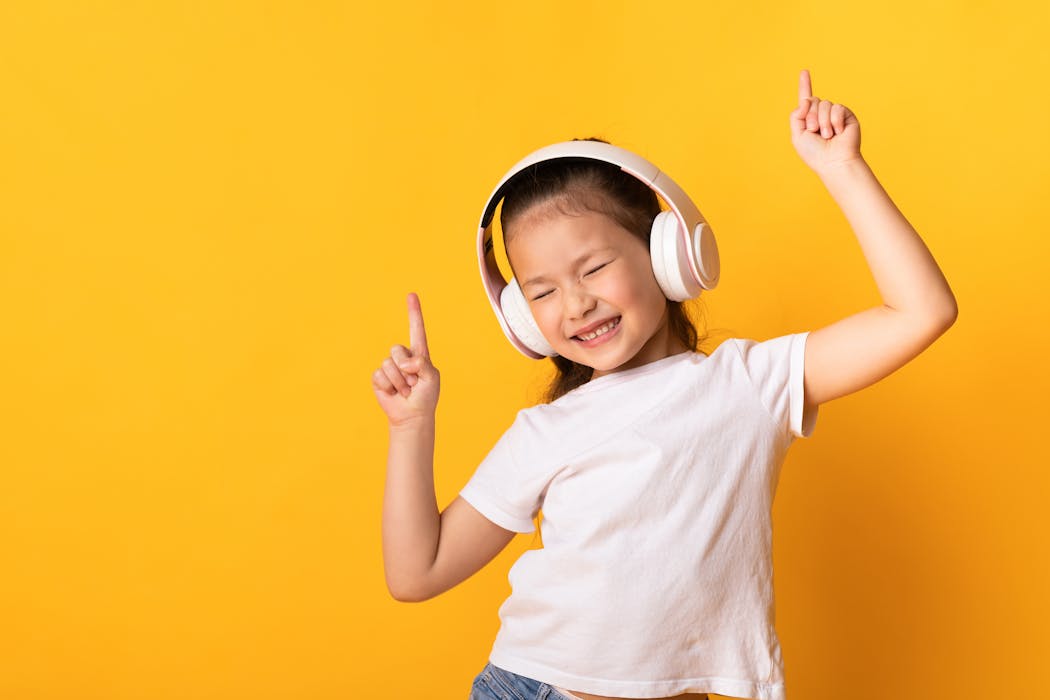Music has a profound impact on our emotional well-being, serving as a powerful tool for processing and expressing our emotions. Whether it’s the soothing melodies of classical music or the raw energy of rock and roll, music has the ability to evoke a wide range of emotions within us. Research has shown that music can activate the same areas of the brain that are involved in processing emotions, making it a potent medium for connecting with and understanding our feelings. When we listen to music that resonates with our emotional state, it can provide a sense of validation and comfort, helping us to navigate through difficult emotions and find solace in the music’s expression of our innermost feelings.
Furthermore, music has the ability to transport us to different emotional states, allowing us to experience a wide range of emotions within a short span of time. This can be particularly beneficial for individuals who may struggle with expressing their emotions verbally, as music provides a non-verbal means of communication that can help them connect with and process their feelings. Whether it’s the melancholic strains of a violin or the uplifting rhythms of a drum, music has the power to tap into our emotional core and provide an outlet for our innermost thoughts and feelings.
The Role of Lyrics in Connecting to Emotional Experiences
Lyrics play a crucial role in connecting us to our emotional experiences, providing a narrative that can resonate with our own personal struggles and triumphs. When we listen to a song with meaningful lyrics, it can feel as though the singer is speaking directly to us, articulating emotions and experiences that we may have difficulty expressing ourselves. This connection to the lyrics can be incredibly cathartic, allowing us to feel understood and validated in our emotional experiences.
Moreover, the storytelling aspect of lyrics can help us make sense of our own emotions by providing a framework for understanding and processing them. Whether it’s a song about heartbreak, resilience, or joy, the lyrics can serve as a mirror that reflects our own emotional journey, helping us to find meaning and purpose in our experiences. In this way, music becomes a powerful medium for connecting with our emotions and finding solace in the shared human experience.
Exploring the Evolution of Emotions in Music
The evolution of emotions in music can be traced back to ancient civilizations, where music was used as a means of expressing and communicating emotions within a community. From the haunting melodies of Gregorian chants to the rhythmic beats of tribal drumming, music has always been intertwined with the human experience of emotions. As societies evolved, so too did the emotional range and complexity of music, with composers and musicians exploring new ways to convey the depth and breadth of human emotions through their art.
In contemporary times, the evolution of emotions in music has been shaped by technological advancements and cultural influences, leading to a diverse array of musical genres that cater to different emotional experiences. From the angst-ridden lyrics of punk rock to the soulful ballads of R&B, music continues to evolve as a reflection of the ever-changing landscape of human emotions. As we continue to explore new ways of expressing and understanding our emotions, music remains a timeless medium for connecting with our innermost feelings and experiences.
How Music Can Serve as a Therapeutic Tool for Healing
Music has long been recognized as a therapeutic tool for healing, with its ability to soothe, comfort, and uplift individuals who may be struggling with emotional or psychological challenges. Whether it’s through active engagement in music-making activities or passive listening to calming melodies, music therapy has been shown to have a positive impact on individuals’ emotional well-being. By providing a safe and non-judgmental space for individuals to express and process their emotions, music therapy can help individuals develop coping strategies and enhance their emotional resilience.
Furthermore, music therapy has been found to be particularly effective in helping individuals with mental health conditions such as depression, anxiety, and PTSD. Through the use of personalized playlists, songwriting, and improvisation, individuals can explore and express their emotions in a supportive environment, leading to improved mood regulation and emotional well-being. As we continue to uncover the therapeutic potential of music, it is clear that its healing power extends far beyond mere entertainment, making it an invaluable tool for promoting emotional wellness and healing.
The Impact of Music on Mood Regulation and Emotional Well-being
The impact of music on mood regulation and emotional well-being is profound, with research showing that music has the ability to influence our emotional state and overall well-being. Whether it’s through the use of uplifting melodies to boost mood or calming rhythms to reduce stress, music has the power to elicit specific emotional responses that can have a lasting impact on our mental health. In fact, studies have shown that listening to music can lead to increased levels of dopamine, a neurotransmitter associated with pleasure and reward, leading to improved mood and emotional well-being.
Moreover, music has been found to be an effective tool for managing stress and anxiety, with its ability to distract individuals from negative thoughts and promote relaxation. Whether it’s through guided meditation with soothing music or engaging in rhythmic activities such as drumming or dancing, music can help individuals regulate their emotions and find inner peace. As we continue to explore the impact of music on mood regulation and emotional well-being, it is clear that its potential as a therapeutic tool is vast, offering individuals a means of finding solace and comfort in times of emotional distress.
The Connection Between Music and Empathy
The connection between music and empathy is deeply rooted in its ability to evoke emotions and foster a sense of understanding and compassion towards others. When we listen to music that resonates with our own emotional experiences, it can lead to an increased sense of empathy towards others who may be going through similar struggles. This shared emotional connection can help bridge the gap between individuals from different backgrounds and cultures, fostering a sense of unity and understanding through the universal language of music.
Furthermore, research has shown that engaging in musical activities such as singing or playing an instrument can lead to increased levels of empathy towards others. By actively participating in music-making activities, individuals can develop a greater awareness of their own emotions and those of others, leading to improved social connections and interpersonal relationships. As we continue to explore the connection between music and empathy, it is clear that its potential for fostering compassion and understanding is immense, making it an invaluable tool for promoting empathy and emotional connection.
The Influence of Cultural and Personal Experiences on Emotional Responses to Music
The influence of cultural and personal experiences on emotional responses to music is significant, shaping the way individuals connect with and interpret different musical genres and styles. Cultural influences such as traditional musical practices and rituals can have a profound impact on how individuals perceive and respond to music, leading to diverse emotional experiences across different cultural groups. For example, the rhythmic beats of African drumming may evoke feelings of joy and celebration within one cultural group, while evoking feelings of nostalgia or longing within another.
Moreover, personal experiences such as past memories and associations can also influence individuals’ emotional responses to music. Whether it’s a song that reminds us of a cherished childhood memory or one that brings back painful experiences, our personal history can greatly shape how we connect with and interpret different musical compositions. As we continue to explore the influence of cultural and personal experiences on emotional responses to music, it is clear that our individual backgrounds play a crucial role in shaping our emotional connections with music, leading to diverse and nuanced interpretations across different individuals.
Find out how Torongo Therapyplus can help you with your needs. Get in touch with us at smile@torongo.life, or call us on 02 8809 9965.































